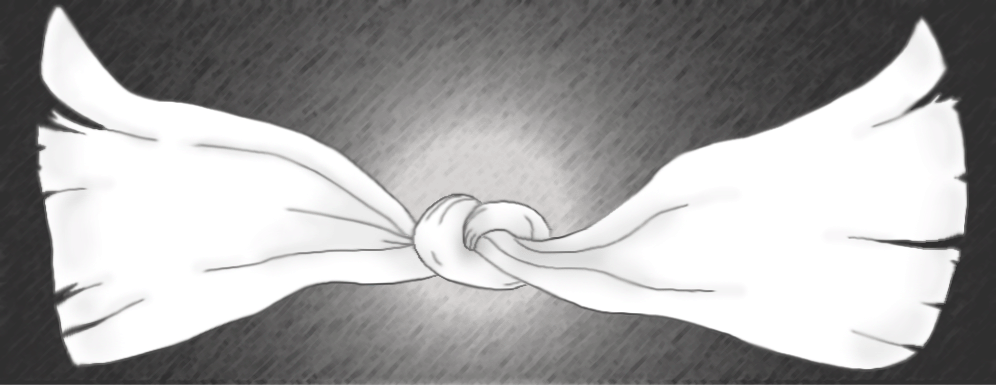Another perspective on Israel and Palestine
 Before reading last week’s publication of The Gustavian Weekly, I had already formulated a plan for what I would write in this week’s edition. After reading Chelsea Johnson’s article entitled “Israel and Palestine: a struggle for peace after a century of conflict” my planned topic suddenly struck me as inconsequential.
Before reading last week’s publication of The Gustavian Weekly, I had already formulated a plan for what I would write in this week’s edition. After reading Chelsea Johnson’s article entitled “Israel and Palestine: a struggle for peace after a century of conflict” my planned topic suddenly struck me as inconsequential.
I felt that, without the presence of a contrasting perspective, the implications made within that article would constitute a damaging and dangerous level of misinformation as a result of its constricted perspective. I mean no offense in complementing Johnson’s perspective with my own as I do not believe she wrote her piece bearing any ill or violent will.
There are a couple of reasons that this particular article caught my attention. First, because its limited perspective represents our nation’s dominant narrative regarding the ongoing crisis in the occupied Palestinian territories. Second, because this perspective, although not inherently malicious in nature, contributes to unnecessary violence. Ultimately, the perspective expressed within this article and within the popular American narrative of the crisis dehumanizes the Palestinian population.
The piece is dotted with instances of this imbalanced representation. For instance, the term “terrorism” is only used in association with Hamas. This word is not constructive–it is destructive and entirely dangerous. It reduces a people to monstrous status, defines them as creatures capable only of indiscriminate and unreasonable violence, and robs them any quality with which one might empathize. In short, it denies them their humanity.
Hamas is repeatedly and exclusively described as the perpetrators of violence. They are “…notorious for vicious violent acts against Israel”, and they “…[lob] rockets towards civilian populated areas inside Israel…”. On the other hand, Israel’s counterattacks are instantly morally absolved. They only attack to “…keep the amount of violent disrupters as small as possible” and invade to “…control the amount of violence…” Never mind that invasion is in itself a profoundly violent act. It is as if the imbalance of military power itself justifies one nation’s military conquest while reducing their opponent to the status of an unreasonable and uncontrollable animal.
This imbalance is given virtually no attention. When describing the crisis’ history, one sentence hints vaguely at the disparity: “The Palestinians ended up with much less land than the Israelis…”
This omission is crucial because the American government is a substantial force in providing Israel with such an overwhelming military advantage within the region. As participating members of the American population, if we do not act do defy it, we are all implicitly supporting this imbalance of power.
Throughout the latter half of the article Associate Professor Mimi Gerstbauer provides a crucial, balanced voice. However, the framing of the article as a whole counteracts the potential effect of these quotations.
I clearly write to humanize Palestinian action and cast a more discerning eye on the morality of the Israeli side of the conflict. This in itself is imbalanced but I do so to complement the overwhelmingly dominant voice that Johnson’s article represents.
To endorse either side already presupposes an endorsement of violence, which is why dehumanizing depictions like that of Johnson’s article are so frightening and dangerous.
To describe a people as less than human essentially alienates them from us and allows for the justification of horrific, violent acts. In the interest of promoting a humanitarian peace, a common, human identity must be established between the populations on either side of the battle lines.
We live in an era where technology makes this empathetic communication increasingly possible, but I believe the essential first step towards this kind of solution is to cease the promotion of dehumanizing characterizations of nations. I don’t think there is any such thing as a “terrorist,” but the greatest act of terror I can imagine is the division of humanity.
